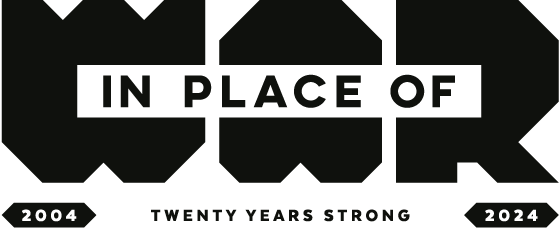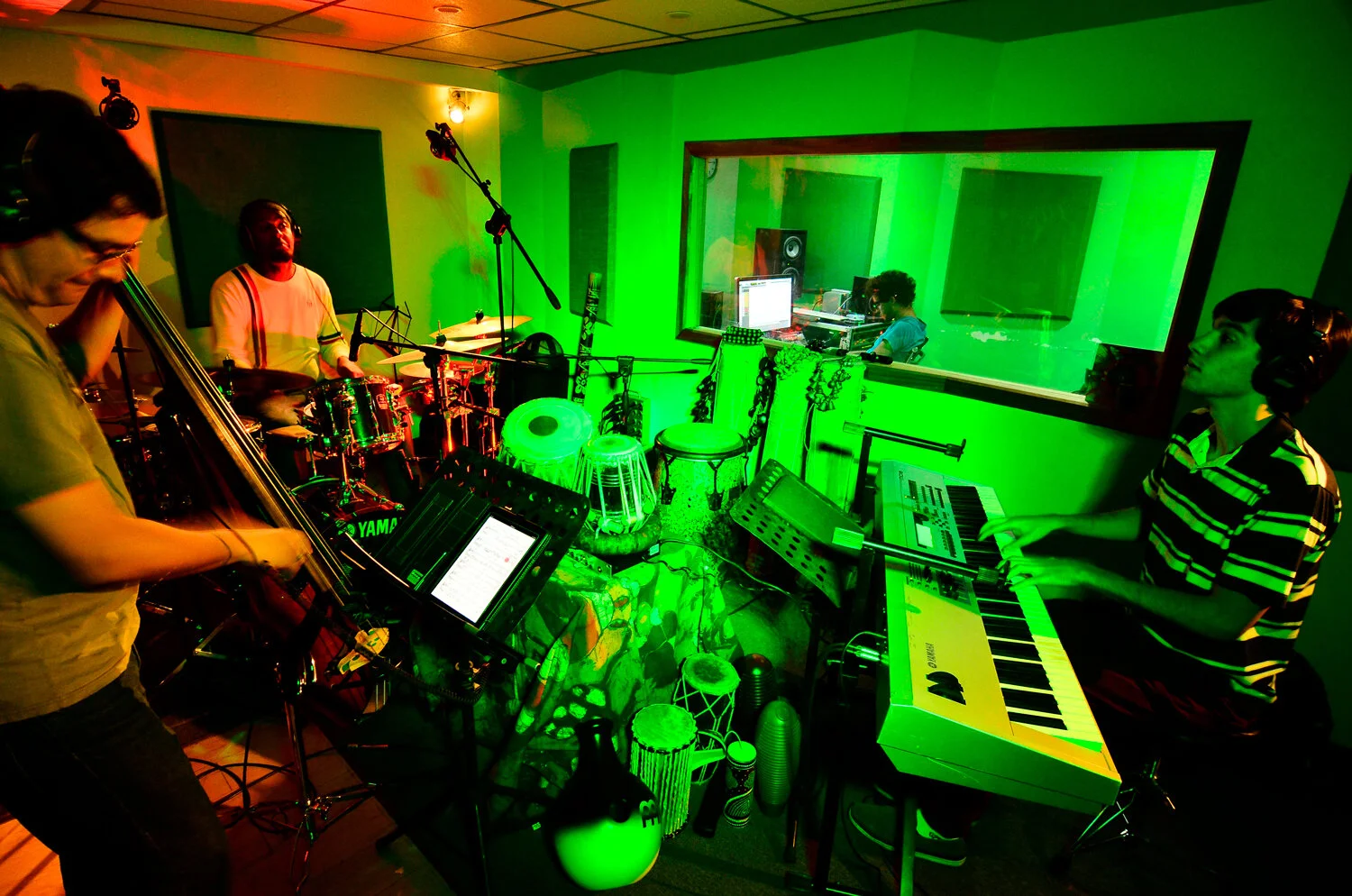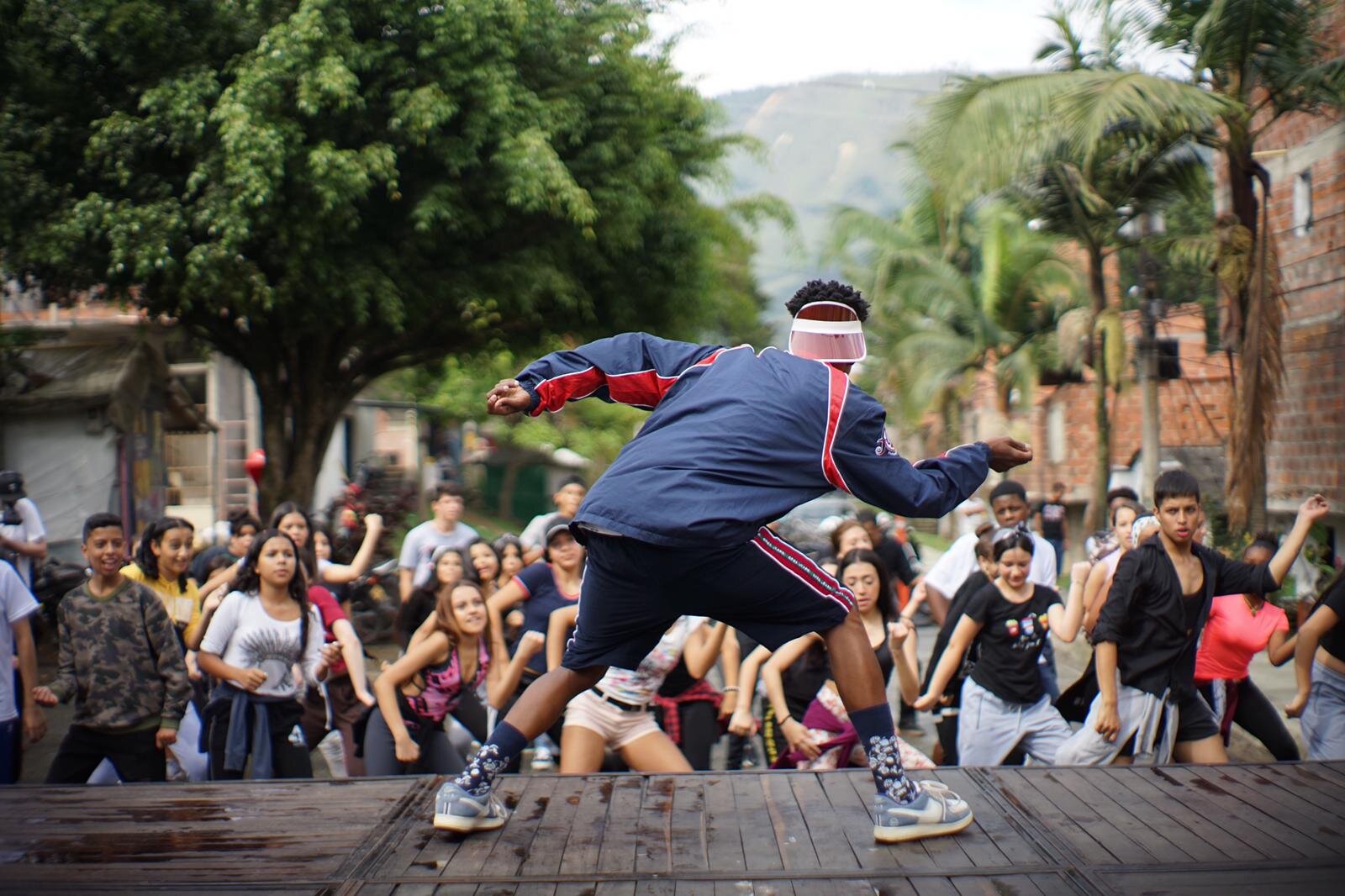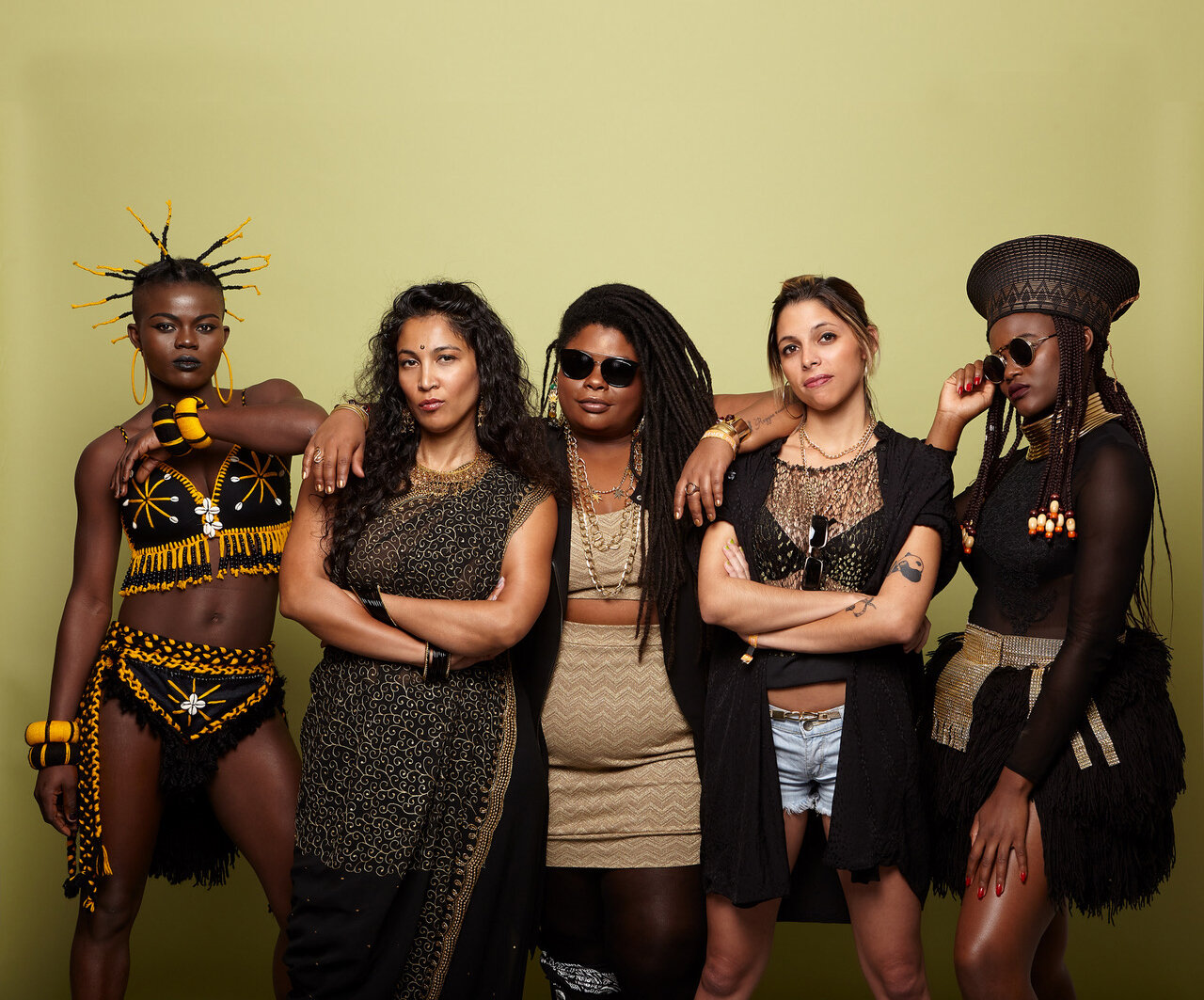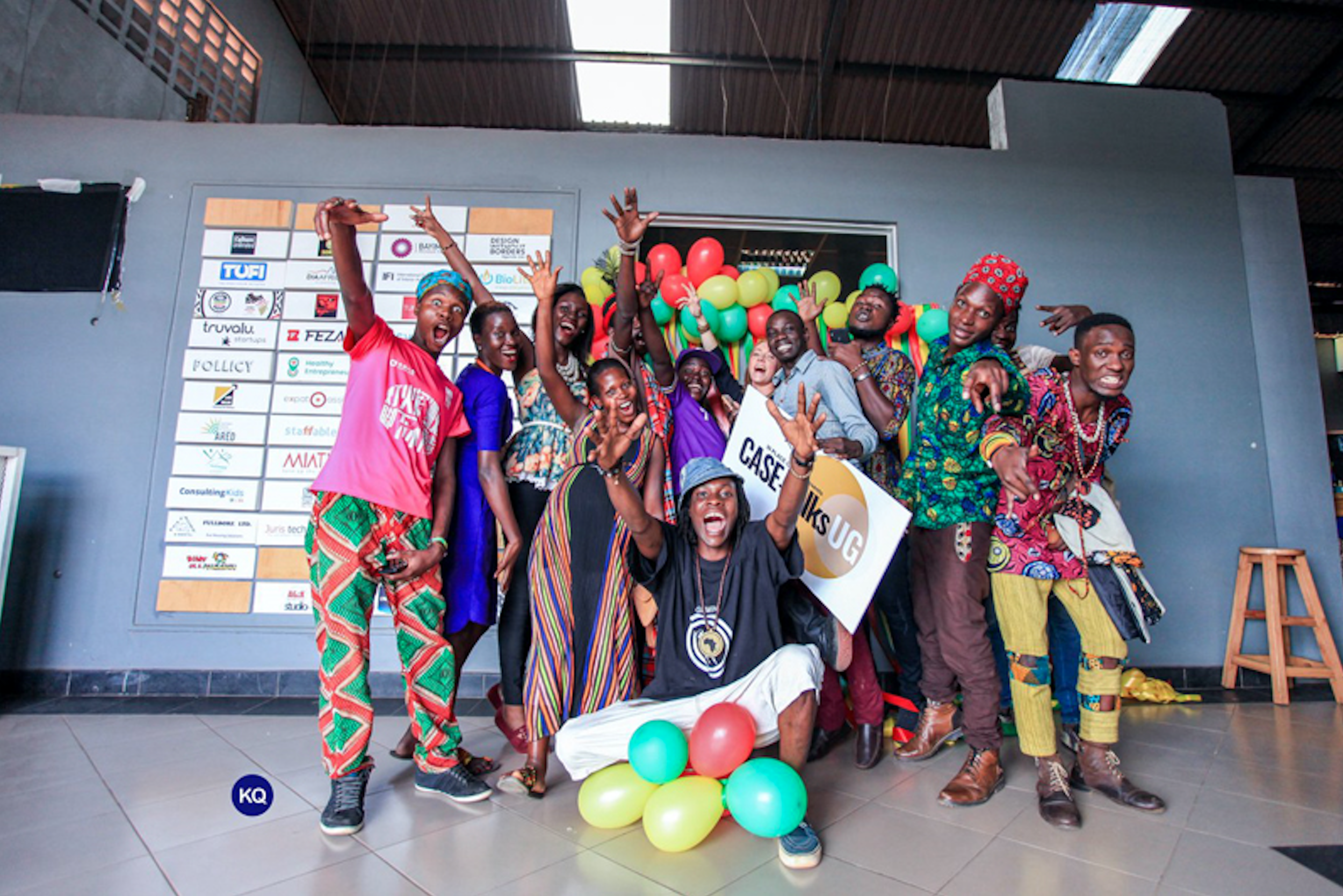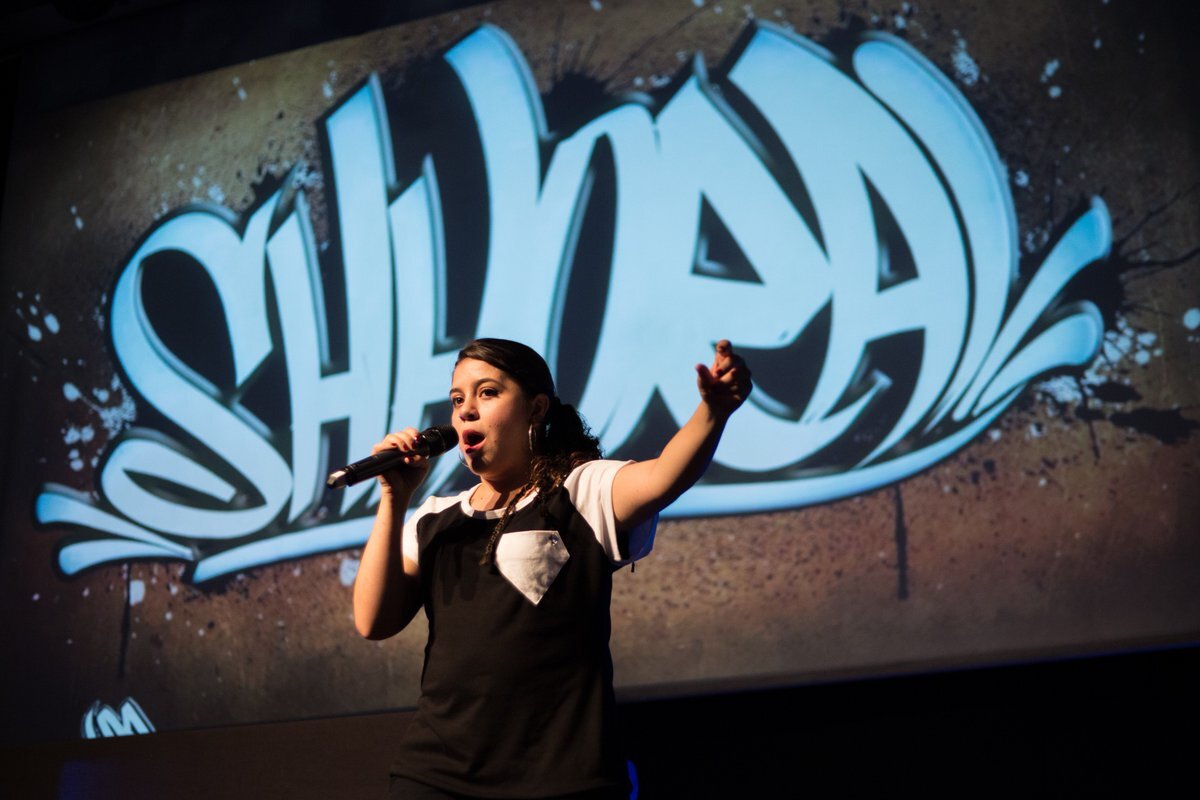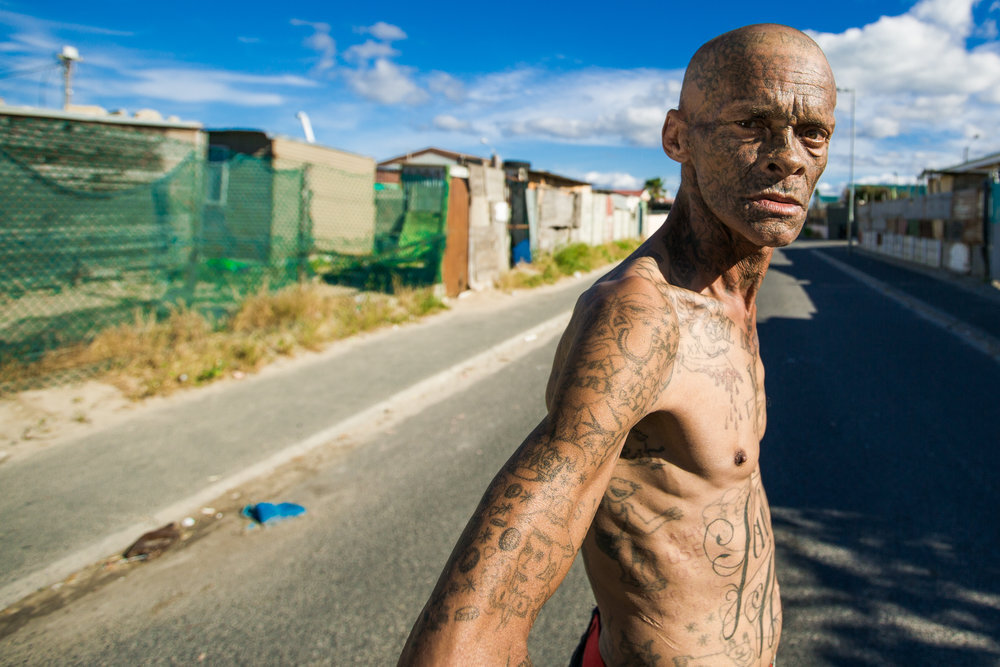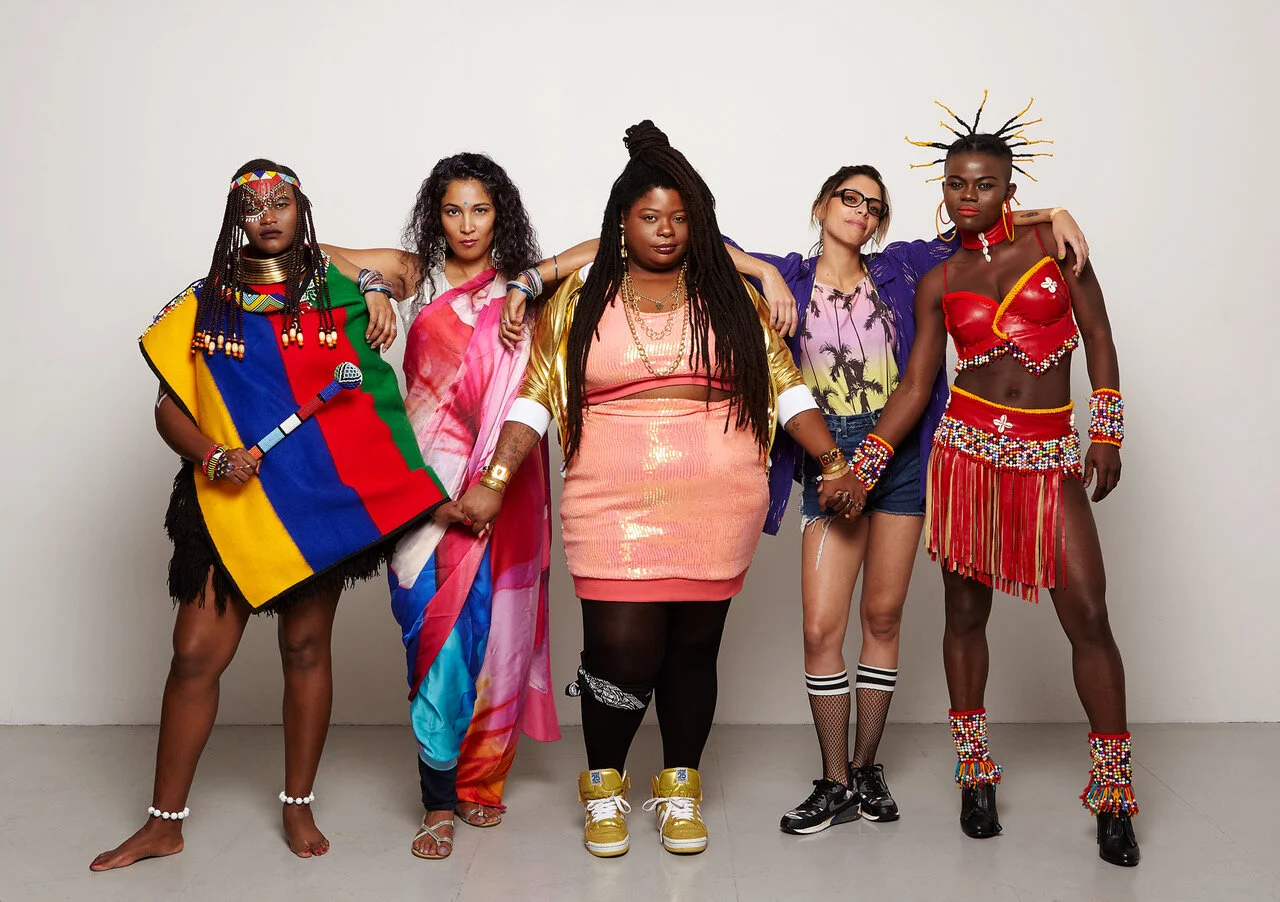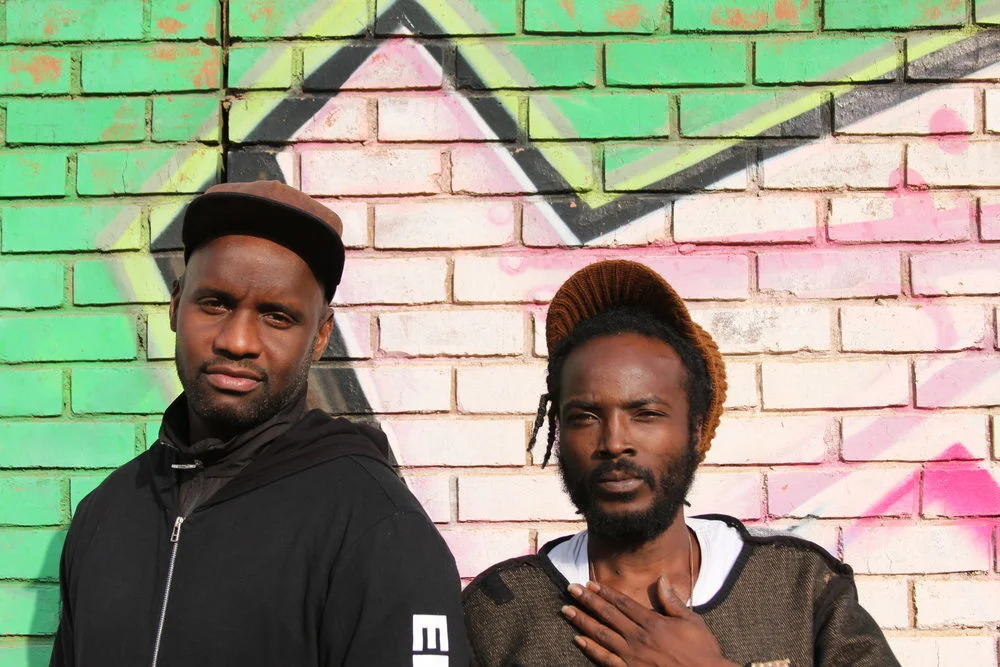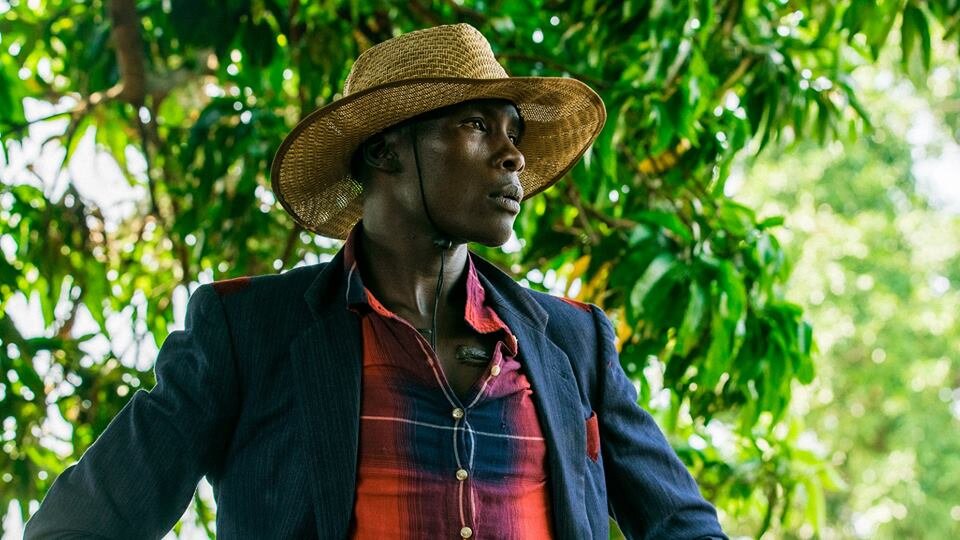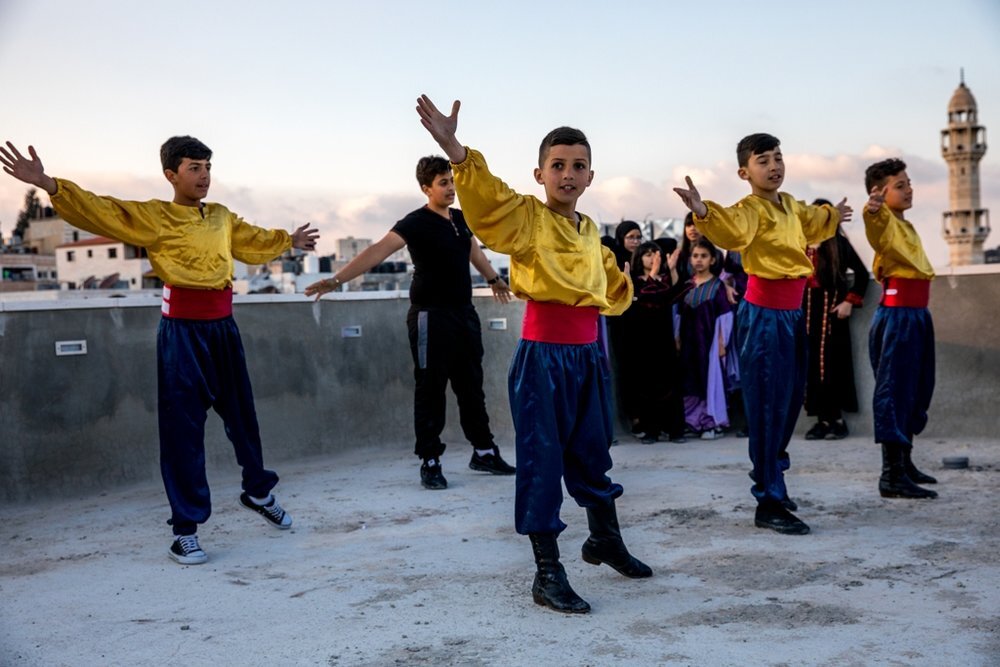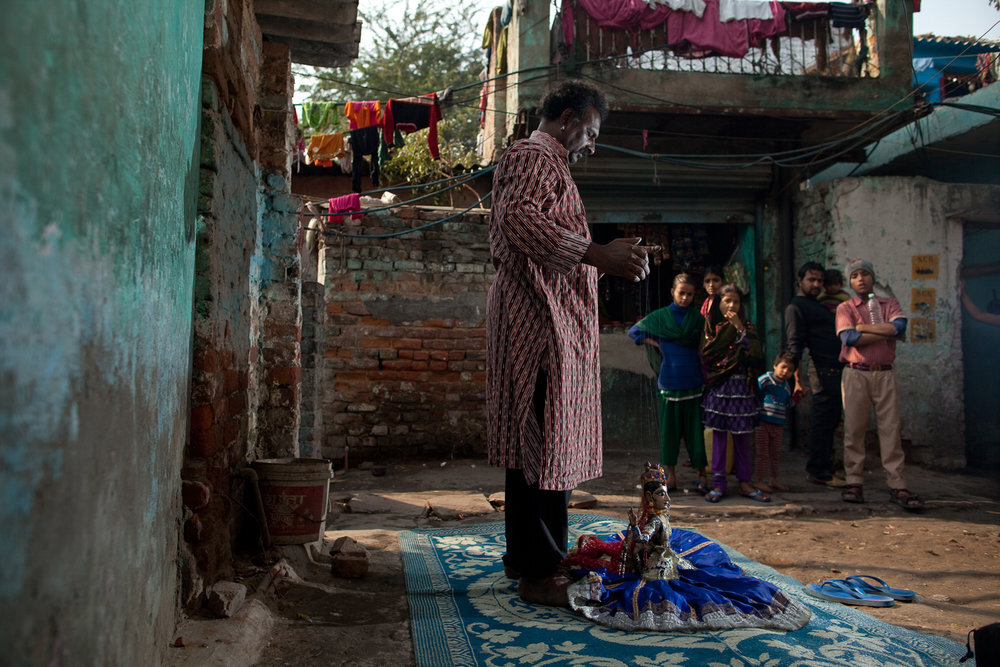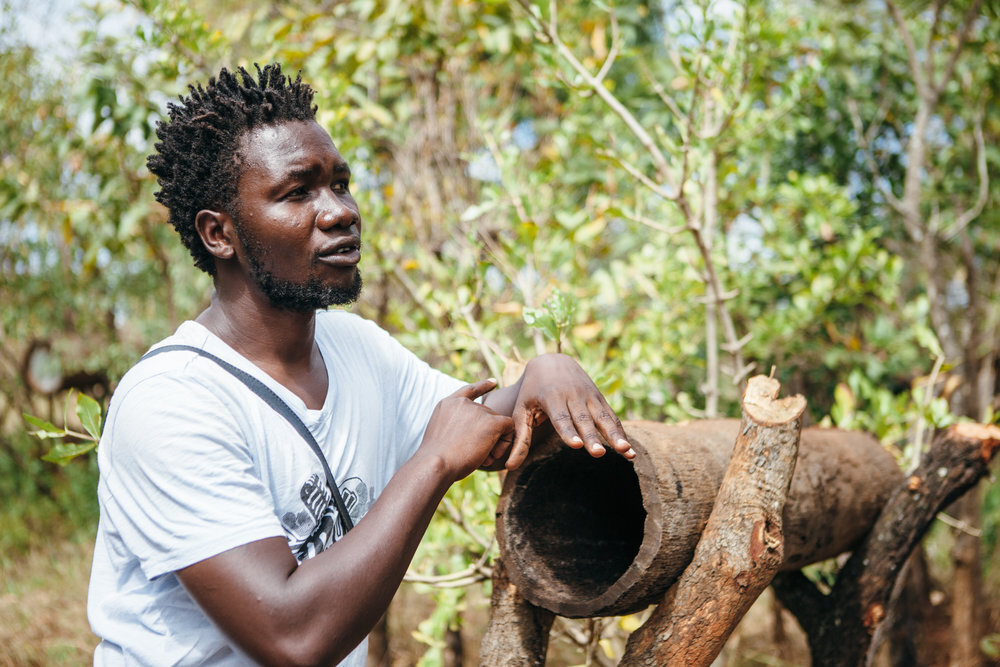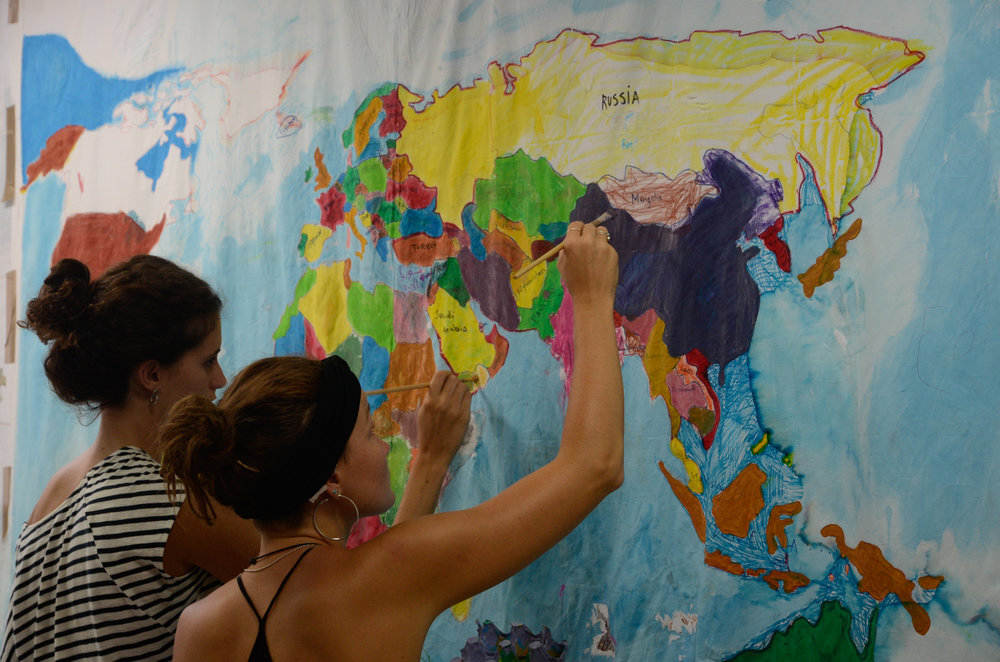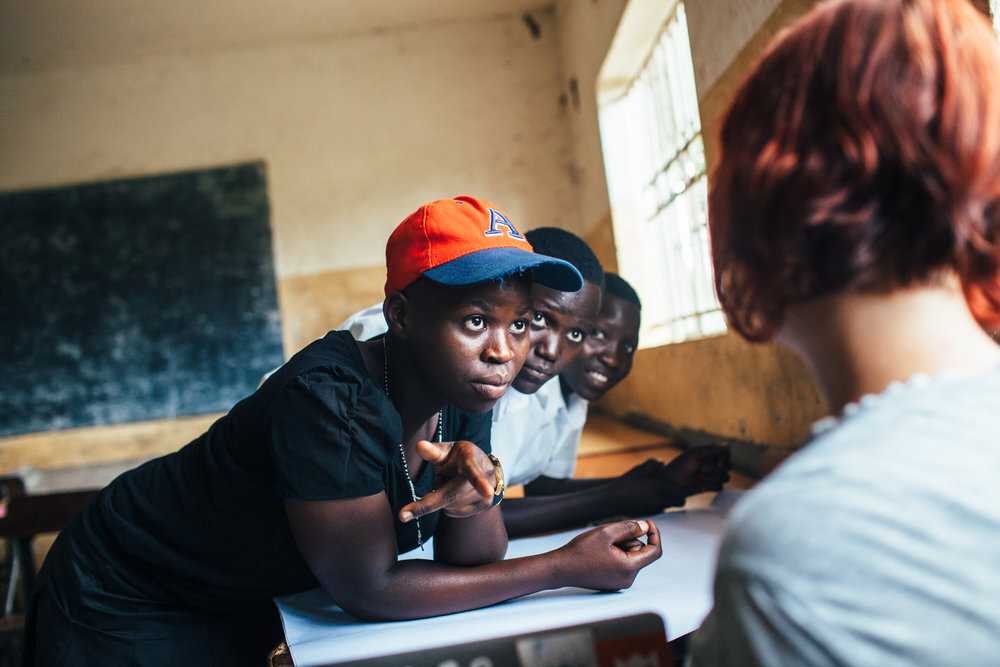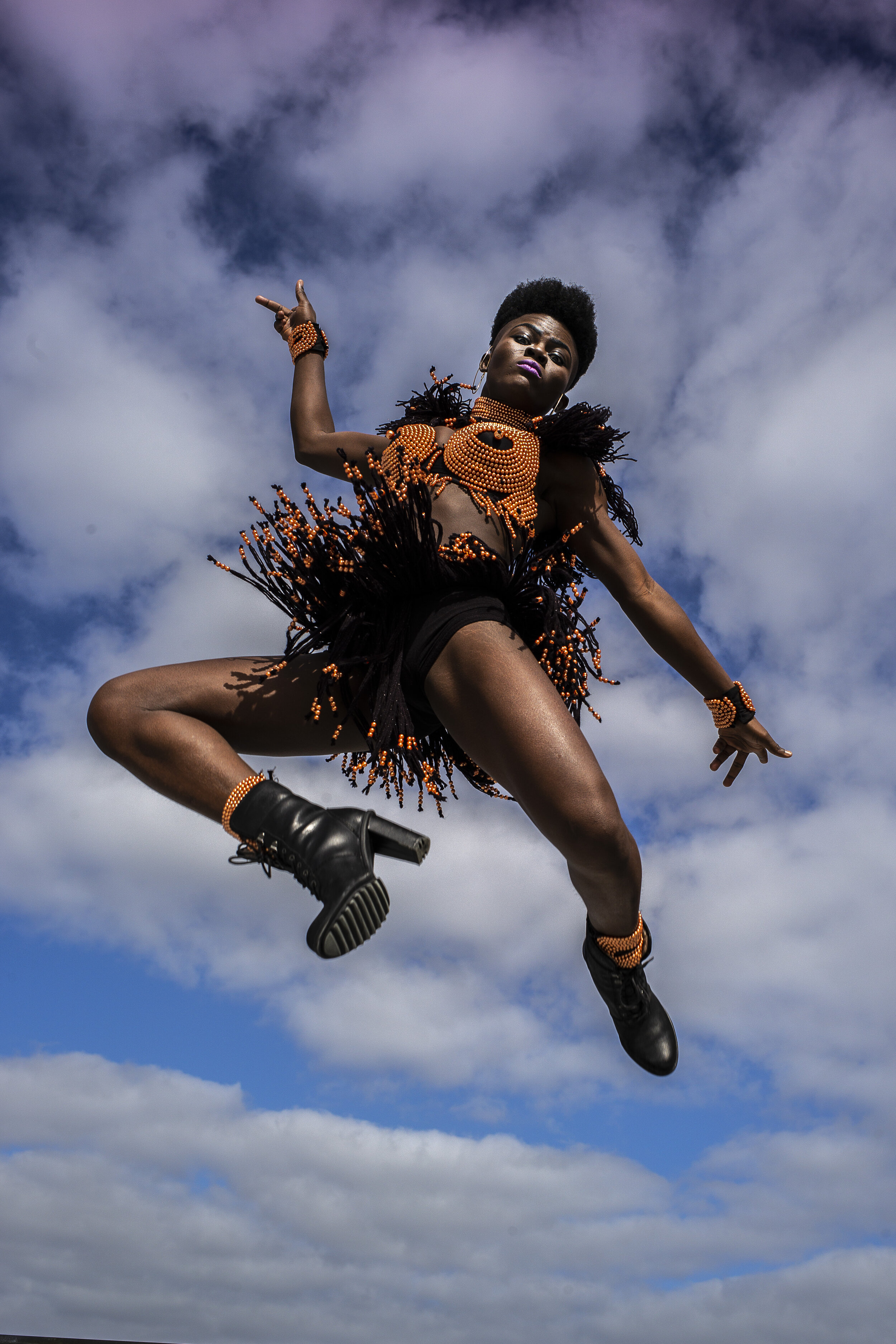What we do
We enable grassroots change-makers in music, theatre and across the arts to transform a culture of violence and suffering into hope, opportunity and freedom.

Our focus is on supporting individuals or communities that have been affected by
WAR
POST-WAR
GANG-WAR
POLITICAL OPPRESSION
pillars
In Place of War has three pillars of work that we deliver on the ground in places of conflict.
1 CULTURAL SPACES
Creating safe cultural spaces in some of the worlds most unsupported places.
The creation of cultural spaces saves people’s lives, giving those in the most marginalised communities the opportunity to express themselves non-violently and build new opportunities. In Place if War is co-creating spaces through business planning, funding and the collection of over $500,000 of donated music, theatre and dance equipment.
2 EDUCATION & ENTREPRENEURSHIP
Creative entrepreneur training designed specifically for conflict zones.
Giving people the tools and capacity to build their own opportunities and futures is essential for making long term, impactful and meaningful change. We have trained 200 trainers, in 18 countries, developing skills via our Creative and Social Entrepreneurial Training Programme (CASE). Most recently In Place of War has developed modules around the development of cultural spaces, creative organisations and refugee integration.
3 ARTISTIC COLLABORATION
International artistic collaboration as an antidote to violence.
We curate artistic collaborations across the world which result in shared skills, knowledge and hope. So far we have mobilised over 1000 artists from 25 countries with the creation of gigs, festivals, conventions, tours, collaborations and theatre performances.
Our Film
History
-
Founded as a University of Manchester project to conduct academic research around the role of arts in places of conflict.
-
First book published by the organisations’ founder Professor James Thompson — Performance: In Place of War.
-
First network of artists established from places of conflict; bringing together academics, artists and activists in from the DR Congo, Kosovo and UK to share best practice.
-
Development of IPOW Tools to support growing international network of creative change-makers, including education, cultural spaces and collaboration programmes.
-
Launch of CASE (Creative and Social Entrepreneurial) Programme in Bosnia.
-
First music collaboration — 20 musicians from conflict zones arrive in the UK to create a music collaboration across major festival platforms, reaching tens of thousands of people.
-
$400,000 of music, theatre and arts equipment collected for distribution across cultural spaces.
-
Core support received from the Mark Leonard Trust to build organisational capacity and expand reach and impact of work.
-
First brand partnership with MasterCard Foundation to deliver CASE Programme in its 18th country, Uganda.
-
Theatre and Disability; GRRRL - development of artistic cultivation and collaboration.
-
Over $50,000 of Covid-19 emergency grants issued to grassroots organisations across the world, helping support over 250,000 people.

“
Art helps people forget about the conflict. Art helps you change perceptions about others. With art you can call on people’s emotions. With arts you can create dreams — you can disconnect from the bad things around yourself and imagine a different world.
Laurent Kasindi, Eastern Kivu, DRC
‘If it wasn’t for hip-hop, I would be dead. Hip-hop gave me another option and I am thankful for that.’
MC Lupa, Medellín, Colombia
‘Art is not a thing, it’s a relationship, a process — it is how we make and remake our world.’
Professor James Thompson, University of Manchester and Founder of In Place of War
'Our weapons in this war are our guitars and drums. And they have served us well because we are still alive.'
Punk drummer from Medellín, Colombia
why art?
music & cultural spaces
Engages people away from violence (example: Hip-hop schools in Medellín, Colombia — engaging people away from gang recruitment).
Enables freedom of expression.
Helps people develop positive role models.
Engages people through art to discover their skills (example: Afroreggae, Rio, Brazil — transforming favelas to safe places full of opportunity).
A space for people to work together.
Enables people to understand their agency (example: Moto Republik and The Magamba Network, Zimbabwe — engaging young people to question and challenge the government).
Arts centres creating places of safety in conflict zones (example: Butterfly Garden in Eastern Sri Lanka, keeping young people safe and away from the violence during the conflict).
Escape from the everyday conflict.
Provides a space for the socialization into alternative values and norm (hip-hop schools values of non-violent co-existence).
Place making — reclaiming and reimagining spaces consumed by conflict.
Builds a community/ support system for young people affected by violence (example: Culturizzarte, Elemento Ilegal, Medellín, Colombia).
artistic cultivation
Gives voice to the voiceless (example: GRRRL — a global group of women from places of conflict using music to tell their stories).
Engages large audiences in challenges people face.
Provides alternatives to global media.
Changes perceptions of people and places (example: In Place of War’s Theatre and Disability programme in the North of Uganda, changing perceptions of people with disabilities from the conflict).
Artistic collaboration can break down barriers.
Art as a tool for engagement in challenges that are faced within communities.
Arts as a tool for reconciliation and intercultural dialogue.
Commemoration or remembrance here (arts as ways of remembering difficult pasts or past events that are important for certain communities and reimagining the future).
Imagination — imagining worlds different from the one you are in.
Creating fun, joy and beauty — in places where this is in short supply.
Confronting issues — and escaping them.
Remembering and forgetting.
Awareness and promotion of human rights.
creative entrepreneurship
Creativity can build enterprise and improve livelihoods (example: Graffiti Tours in Medellín, Colombia — engaging tourists in art and contributing to the local economy).
Generates new opportunities in communities that have been destroyed by conflict.
Draws on the rich cultural and traditional values and practices of communities and keeps those practices alive and protected.
Promotion of soft skills and life skills.
Represents communities through creative products.
Helps people learn from peers across the Global South.
Creates a network of young entrepreneurs, collaborating with each other across borders.
academic evidence
‘Creative approaches in the field of culture contribute in many ways to creating, developing and maintaining peaceful and inclusive societies in which all human rights can find increased realisation’.
Here are some of the functions of the arts as referenced in the UN General Assembly, Human Rights Council, 2018, Report of the Special Rapporteur in the field of cultural rights:
Cultural initiatives to strengthen norms of freedom of expression and cultural vibrancy take many different forms.
Overcoming fears and prejudices.
Strengthening resilience.
Rebuilding trust and promoting reconciliation.
Rehumanizing self and the other.
Listening to and telling stories and empathizing with the suffering of the other.
Acknowledging and addressing injustice.
Imagining and substantiating new futures.
Case studies
WHAT NEXT?
If you want to help us use creativity to conquer conflict you can donate, send us an email or sign up to our newsletter. We’d love to hear from you.
In Place of War
Swiscot House,
5 Pacific Way, Salford, M50
1DL, UK
In Place of War
600 Lincoln Ave #92410,
Pasadena CA 91109,
USA
© 2019 In Place of War
Privacy, Cookie & Data (GDPR) Policies
UK Registered Charity No 1182594
USA 501c3 No 83-3944469
